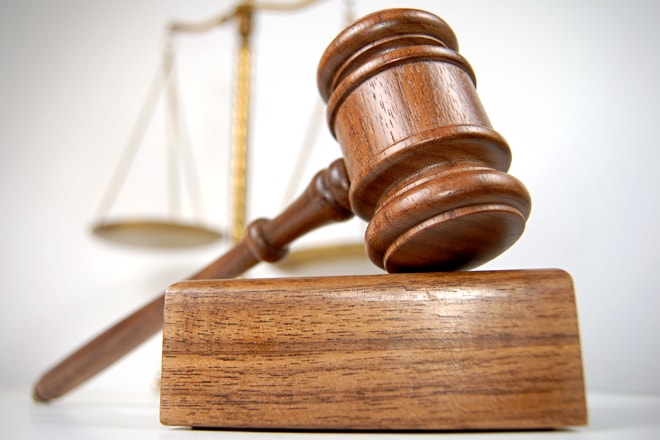A United States federal judge has refused to block the deportation of four West African men who face being returned to countries where immigration courts previously ruled they risk torture or persecution, in a ruling that has been described as a victory for the Trump administration.
“I am alarmed and dismayed by the circumstances under which these removals are being carried out, especially in light of the government’s cavalier acceptance of Plaintiffs’ ultimate transfer to countries where they face torture and persecution,” Judge Chutkan wrote.
The ruling, delivered on Monday night, paves the way for 14 West Africans, including the four men covered by the judgement, to be deported from Ghana to their home countries. Most of them are Nigerians, along with one Gambian. This is despite previous findings by U.S. immigration judges that they have legitimate fears of persecution.
The judge noted that the case was different from that of Kilmar Abrego Garcia, a Central American migrant wrongfully deported to El Salvador, because in this instance, the administration had the legal right to send the men to Ghana first. However, she criticised what she described as a pattern of U.S. officials evading prohibitions on deportations by routing migrants through third countries and claiming domestic courts had no jurisdiction to intervene.
The American Civil Liberties Union (ACLU), which joined the case, expressed disappointment with the ruling. Lee Gelernt, an ACLU lawyer, said: “We are obviously disappointed by the ruling but there’s no reason why the administration should require a court to tell them to obey the laws prohibiting the transfer of individuals to countries where it’s likely they will be tortured and persecuted.”
The U.S. Department of Homeland Security has yet to respond publicly. However, the controversy has highlighted a growing practice by the Trump administration of striking agreements with third countries such as Ghana, Eswatini, Rwanda and South Sudan to receive deportees whom the U.S. cannot legally send back to their homelands.
In Ghana, the government has rejected suggestions that it is profiting from the arrangement. Foreign Minister Samuel Okudzeto Ablakwa stressed that “Ghana didn’t receive any financial compensation from the U.S. over the deportation,” adding: “We just could not continue to take the suffering of our fellow West Africans. For now, the strict understanding that we have with the Americans is that we are only going to take West Africans.”
Nigeria’s Ministry of Foreign Affairs, however, said it was not informed beforehand about its nationals being sent to Ghana. Spokesperson Kimebi Imomotimi Ebienfa clarified: “We have not rejected Nigerians deported to Nigeria. What we have only rejected is deportation of other nationals into Nigeria.”
The case has also drawn attention to claims by some of the migrants that they were strapped in “straitjackets” for a 16-hour flight to Ghana and detained in “squalid conditions” upon arrival. Their lawyers argue that Ghana is being used to carry out what they call the Trump administration’s “dirty work.”

